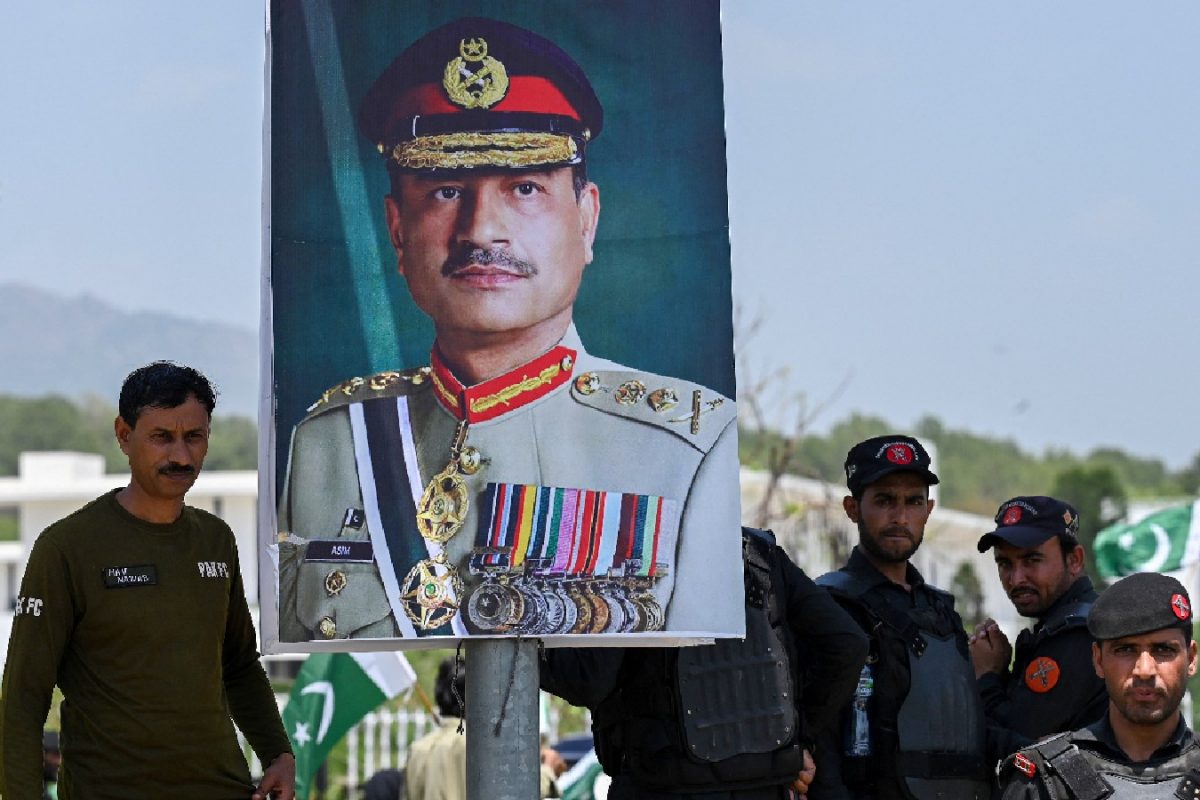

The recent promotion of Pakistan's Army Chief, General Asim Munir, to the rank of Field Marshal has stirred considerable controversy, particularly in light of the deadly April 22 Pahalgam attack in Indian-administered Kashmir. This promotion, approved by Prime Minister Shehbaz Sharif's cabinet, has been framed as a reward for General Munir's "exemplary leadership" and his role in "defeating the enemy" during Operation Bunyan-al-Marsoos. However, critics view it as a desperate attempt to mask the failures of this operation and consolidate Munir's power amid eroding support and domestic challenges.
The Pahalgam attack, which occurred on April 22, 2025, saw five armed terrorists target tourists in the Baisaran Valley near Pahalgam, resulting in the deaths of 26 civilians. The attack, claimed initially by The Resistance Front (TRF), an offshoot of the Pakistan-based Lashkar-e-Taiba (LeT), specifically targeted Hindu tourists, raising concerns about religious extremism and cross-border terrorism. Witnesses reported that the militants singled out men and asked for their religion before shooting the Hindu and Christian tourists.
In the aftermath of the Pahalgam attack, India launched Operation Sindoor, a series of strikes on alleged terrorist camps in Pakistan and Pakistan-administered Kashmir. These actions led to a brief but intense period of military escalation between the two nuclear-armed neighbors.
Against this backdrop, General Munir's promotion has been met with skepticism and criticism. Many observers believe that the timing of the promotion, so soon after the Pahalgam attack and India's retaliatory strikes, suggests a motive beyond mere recognition of military success. Some analysts argue that it is an attempt to bolster Munir's image as Pakistan's "great savior," especially after his anti-Hindu rhetoric in a speech delivered days before the Pahalgam attack.
Critics within Pakistan view the promotion as further evidence of the military's tightening grip on civilian governance. With Pakistan already facing domestic challenges such as the Baloch insurgency and economic woes, the promotion could be seen as a move to strengthen the military's influence and control.
Adding to the controversy, reports suggest that General Munir's April speech, invoking the Two-Nation Theory and targeting Hindus and India, may have contributed to the tensions that culminated in the Pahalgam attack. This raises questions about the appropriateness of rewarding a military leader whose rhetoric may have incited violence and exacerbated regional tensions.
The promotion of Asim Munir to Field Marshal is only the second time in Pakistan's history that an army chief has been elevated to this rank, the first being Ayub Khan in 1959. The move is largely symbolic, as the rank of Field Marshal does not grant any additional constitutional authority or operational command.